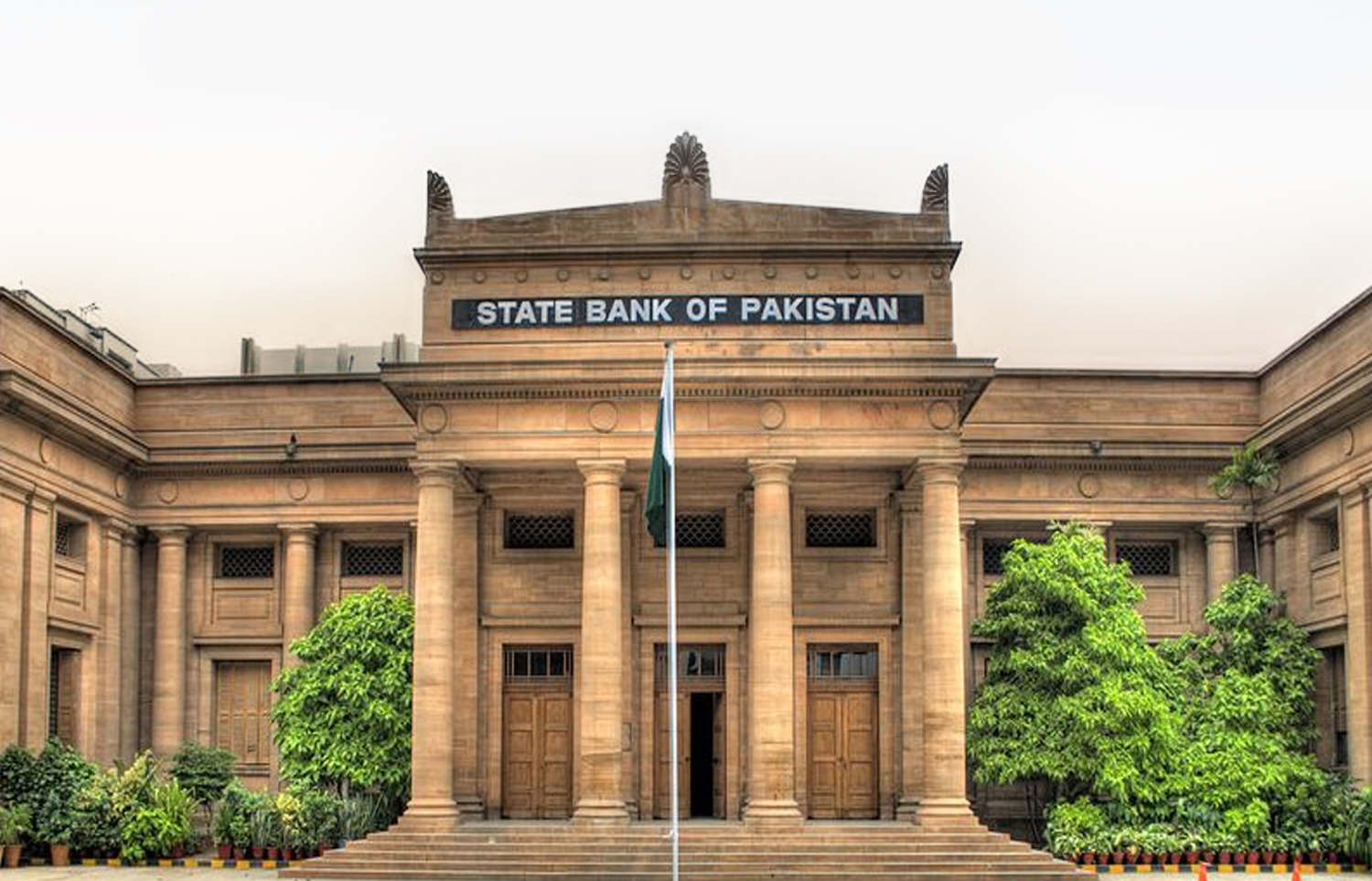- UK recorded its biggest fall in output in more than 300 years in 2020.
- Gross domestic product fell by 11.0% in 2020.
- Revision in GDP reflects lower contributions from healthcare, retailers.
LONDON: Britain recorded its biggest fall in output in more than 300 years in 2020 when it faced the brunt of the COVID-19 pandemic, as well as a larger decline than any other major economy, updated official figures showed on Monday.
Gross domestic product fell by 11.0% in 2020, the Office for National Statistics said. This was a bigger drop than any of the ONS’s previous estimates and the largest fall since 1709, according to historical data hosted by the Bank of England.
British statisticians regularly update GDP estimates as more data becomes available.
The ONS’s initial estimates had already suggested that in 2020 Britain suffered its biggest fall in output since the “Great Frost” of 1709. But more recently the ONS had revised down the scale of the fall to 9.3%, the largest since just after World War One.
Even before the latest revisions, Britain’s economic slump was the largest in the Group of Seven, and the latest downward revision makes it greater than Spain’s, which recorded a 10.8% fall in output.
However, the ONS cautioned against direct comparisons with other countries as most – with the exception of the United States – had not yet undertaken the same type of in-depth revisions as Britain had.
The downward revision in GDP reflected lower contributions from healthcare and retailers than previously thought.
“The health service faced higher costs than we initially estimated, meaning its overall contribution to the economy was lower,” ONS statistician Craig McLaren said.
The ONS had already factored in a fall in routine care provided by Britain’s National Health Service as it focused on treating COVID-19 patients and limiting the spread of the disease in hospitals.
A closer look at the increased costs faced by individual retailers also led to a downward revision of the sector’s contribution, while factory output was revised up to take account of lower raw material costs.
Britain’s economy bounced back sharply last year and recovered its pre-pandemic size in November 2021. But fast-rising inflation means the Bank of England expects the economy will slip back into recession later this year.
The ONS will publish updated growth figures for 2021 and the first half of 2022 on September 30.

 Latest News1 day ago
Latest News1 day ago
 Business1 day ago
Business1 day ago
 Business1 day ago
Business1 day ago
 Latest News1 day ago
Latest News1 day ago
 Latest News1 day ago
Latest News1 day ago
 Business1 day ago
Business1 day ago
 Latest News1 day ago
Latest News1 day ago
 Latest News1 day ago
Latest News1 day ago























